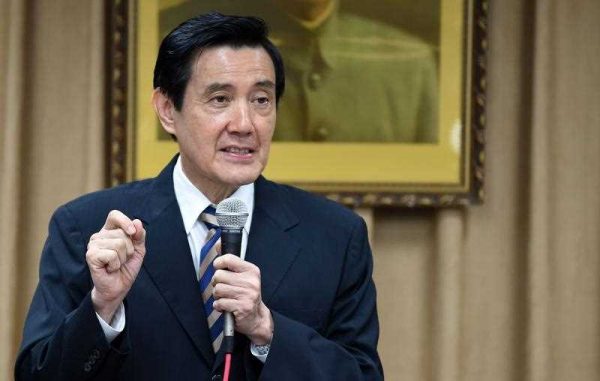The AIIB’s Multilateral Interim Secretariat did not give a reason for the refusal, but a spokesman for China’s Taiwan Affairs Office (TAO) implied that the crux is in the name designation. Taiwan would be welcome to join the membership ‘under an appropriate name’, one which accords with international practices and avoids giving rise to the issues of ‘two Chinas’. Such a name could be yielded through practical consultations.
Taiwanese Premier Mao Chi-kuo once expressed that it would be best for Taiwan to join the AIIB as the Republic of China. But this name is impossible under China’s One China policy. It cannot use the name ‘Taiwan’, either. Instead Taiwan could join under the name ‘Chinese Taipei’, the same name it uses in the Olympic Games, the World Health Assembly and APEC. This gives Taiwan a fair chance to get admitted to the AIIB while also serving as an acceptable, if not entirely satisfying, option for the Taiwanese public. But as Legislative Speaker Wang Jin-pyng stated on 13 April 2015, the name ‘Chinese Taipei’ will be the ‘bottom line’ on the issue. Anything less than that and Taiwan would rather stay out of the AIIB.
The Taiwanese government faces discontent at home over the application procedure. On 31 March 2015, the government announced that it had forwarded its application to the AIIB’s interim secretariat through the TAO. Activists in Taiwan gathered outside the presidential office to protest this ‘indirect application’. They argued that applying to the AIIB through a Chinese government agency is tantamount to accepting China’s One China policy and recognising Taiwan as part of China. But the inconvenient truth is that it may be hard for Taiwan to join a China-proposed institution without the involvement of Chinese government agencies.
On 13 April, Legislative Speaker Wang and Premier Mao agreed for Taiwan to join as an ordinary member of the AIIB. It will be helpful for the government to downplay the unsatisfying application procedure by highlighting the benefits of participating in the AIIB. The government should show Taiwanese people that the dissatisfactory procedure is worth being compromised to get a better deal.
President Ma Ying-jeou of Taiwan has described Taiwan as a potential beneficiary of the China-led international financial institution. He enumerated a variety of reasons for Taiwan to join the AIIB, including becoming a peacemaker and a provider of humanitarian aid in the organisation. Joining the AIIB will help Taiwan’s bid to join other regional trade blocs such as the US-led Trans-Pacific Partnership and the ASEAN-led Regional Comprehensive Economic Partnership. It will also prevent Taiwan being left out of an initiative for which many countries have expressed support.
On 1 April 2015, the Ministry of Finance of Taiwan echoed President Ma’s statement. It said that joining the AIIB should not be examined under the restricted scope of cross-Strait relations. Instead, it should be regarded as an effort to incorporate Taiwan into the international financial community.
Indeed, the AIIB seems to be designed as a regional intergovernmental financial organisation. The Ministry of Finance of Taiwan pointed out that the accessions and requirements are jointly decided by its founding member states — not by China alone. There should be a fair decision-making process in the institution. The Ministry of Finance also expects that the AIIB will complement the current Asian Development Bank’s operations.
But Taiwan should not hastily embrace the initiative. There are still too many unanswered questions regarding the terms and intents of the AIIB. China holds a major stakeholder position. It expects to inject 50 per cent of the bank’s initial funds. Could China dominate decisions by utilising a veto power? China has not yet clarified the authority of the bank’s Board of Directors to screen and approve future loans. Nor has it explained how the AIIB will work with other similar international organisations, or if it even will work with them.
Despite these issues, it is unlikely that the AIIB will largely serve to advance Chinese policy objectives or to undermine the existing international order. But it is still important that the Taiwanese government understands why Taiwan should pursue membership in the AIIB and how it can persuade the Taiwan’s public to support the decision. It would be useful for the government to take time to closely observe the development of the AIIB and evaluate what it could bring to Taiwan’s finance and financial derivative markets. While Taiwan’s bid to join the AIIB as a founding member has failed, a window of opportunity has opened for the government to observe and evaluate the Chinese initiative.
Emily S. Chen is currently a Silas Palmer Fellow with the Hoover Institution and a Young Leader with the Pacific Forum CSIS. She is a recent graduate of Stanford University.

